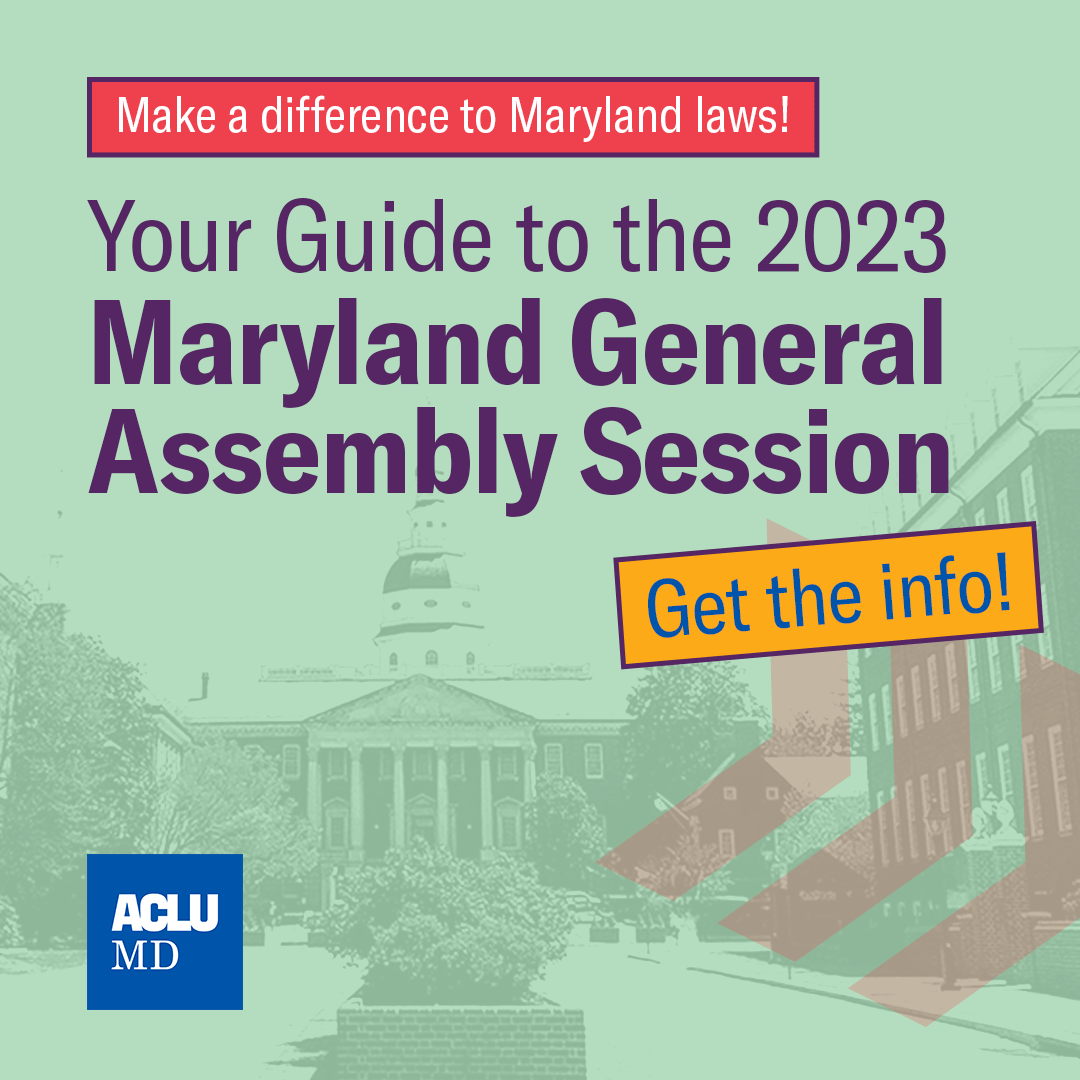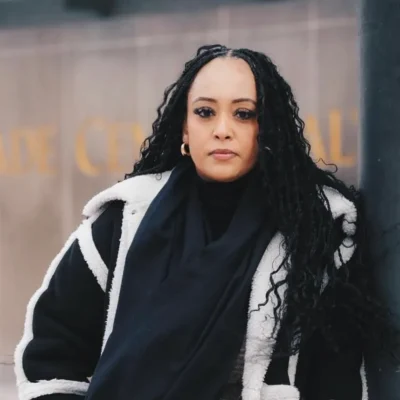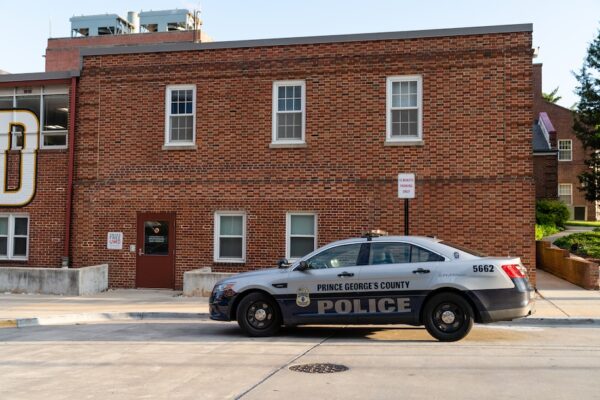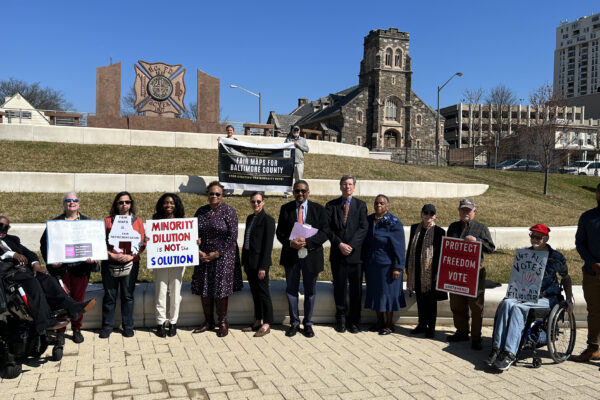Make a difference to our laws
This upcoming January 2023 is your annual chance to influence laws in Maryland. Not only would we love to invite you to our virtual Grassroots Legislative Leadership Day on Dec 17, but we’d also like to equip you with everything you need to know before you head to Annapolis to make change.
Together, we can advocate for a broad range of rights — including access to justice, legal justice reform, police accountability, rights of people who are incarcerated, election fairness and voting rights, freedom of expression, government transparency, equal protection, privacy, racial justice, government transparency, public school students’ right to education, due process, religious liberty, reproductive rights, and LGBTQ+ rights.
Below are just a few issues with key points you should know before the 2023 legislative session.
Key Info: Police Accountability Boards
In 2021, the Maryland General Assembly passed the Maryland Police Accountability Act. This bill repealed the Law Enforcement Officers Bill of Rights and replaced it with a new disciplinary framework. The bill also required all counties and Baltimore City to establish a Police Accountability Board (PAB) and Administrative Charging Committee. Local PABs have the power to review outcomes of disciplinary matters, meet with law enforcement officers to improve policing, appoint members to the Administrative Charging Committee, receive complaints of misconduct, and submit reports with trends and recommendations. The goal of these boards must be to change police culture so that Black and Brown people are not disproportionately killed or brutalized by police.
In order to appropriately review investigations and their outcomes and for the community to trust the integrity of these investigations, Police Accountability Boards need to conduct independent investigations into officer misconduct. That means those investigations must be conducted by investigators independent of the police department and hired by the PAB. This also means PABs need to be able to issue subpoenas and employ other investigative techniques to draw accurate conclusions. This year, we will work alongside the Maryland Coalition for Justice and Police Accountability to pass a law to clarify that local jurisdictions have the authority to grant their Police Accountability Boards the power to conduct those investigations and fulfill their promise to provide community oversight.
Key Info: Marijuana Reform
There were big wins for the marijuana reform in 2022. Maryland voters overwhelmingly chose to end the criminalization of the recreational use of marijuana. And more and more people are demanding thorough reform after understanding the tremendous harm the dangerous ‘war on drugs’ inflicts on Black and Brown communities. However, criminal penalties for marijuana related offenses are still in Maryland law. We must take them off or Black people will continue to be vulnerable to racist arrests and targeted for criminal penalties despite marijuana legalization.
This session, the ACLU will work with our partners to pass a bill to eliminate criminal penalties for possession, growing, and possession with intent to distribute and instead impose civil fines rather than criminal convictions.
The odor of marijuana is also used as an excuse by police to stop and search people, disproportionately Black and Brown people. Now that the recreational use of marijuana is legal, it makes no sense for the odor associated with the use of a legal substance to be used as a gateway to entanglement with police and the legal system. This year, the ACLU will work to pass a bill to ensure that the odor of marijuana cannot be used as an excuse to perform a warrantless arrest or search of an individual or their vehicle.
Key Info: Remove the Governor from Medical Parole Decisions
In 2021, the General Assembly successfully removed the Governor from the parole process. The new law eliminated the ability of governors to overturn parole decisions for Marylanders serving life imprisonment sentences. However, due to a bill drafting error, the bill that passed and has since been enacted excludes medical parole. This means medical parole is the only type of parole that still requires a governor’s approval. This is a serious problem as the need for the Parole Commission to be able to act expeditiously is most critical in cases where the parole candidate is seriously ill or dying. This session, the ACLU will work with legislators to support a technical fix bill that will remedy this error.
Key Info: Voting Rights
This legislative session, the ACLU will work with our partners and legislators to introduce a Maryland Voting Rights Act to improve voting rights protections, confront barriers to effective participation, and root out longstanding discriminatory practices more effectively. Sadly, Maryland has had a long history of discrimination against Black and Brown voters, with many barriers and disenfranchisement laws that are still in force today. Although we have made significant changes to improve voting access in Maryland, we must safeguard against the national rollback of voting rights and expand protections to ensure every Marylander is able to cast a meaningful ballot.
Key Info: State Right to Education
Every Maryland child has the right to a "thorough and efficient” public education, as guaranteed by our state constitution. This right includes funding. All students need the full range of academic programs, supports, and resources to succeed. After decades of underfunding, the legislature passed the Blueprint for Maryland's Future (aka "Kirwan"), which is projected to increase funding for public schools by $3.8 billion annually, phased in over a decade. Next year, we will work with partners to ensure that the full increase in education funding required by law is passed. The ACLU will also advocate to maintain the current high levels of school construction funding in the state capital budget, as school districts statewide continue to rebuild deteriorating school facilities and address large backlogs in building maintenance. Our children deserve these resources and our time.
Did you enjoy our short guide of our priority issues? Would you like to join us to advocate for a better Maryland? RSVP to our Grassroots Legislative Leadership Day on Saturday December 17, 11 am to 1:30 pm.
For over 90 years, the ACLU of Maryland has been focused on empowering Marylanders like you to exercise and defend your rights so that the law reflects your values and uplifts our humanity. That means we must better our state for those who currently experience the most discrimination and disenfranchisement, which is Black, Indigenous, and People of Color (BIPOC). BIPOC’s rights must be respected in order for all of us to be able to live freely.
To achieve this important goal, we need your leadership. Come participate in our virtual Leadership Day, make your opinions about protecting and expanding rights known, and take action to make a real difference!





